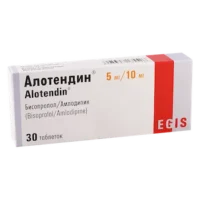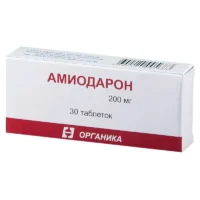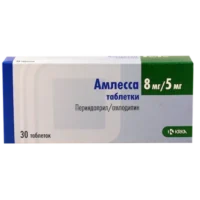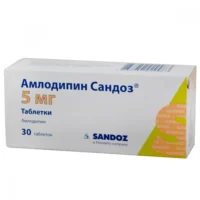Description
Limistin 20: Coated Tablets 20 mg
Ingredients:
- Each coated tablet contains 20 mg of Limistin.
Dosage:
- The recommended dosage is one 20 mg coated tablet per day.
- Take the tablet with a full glass of water, with or without food.
Indications:
- Limistin 20 is indicated for the treatment of specific conditions (to be added based on product information).
Contraindications:
- Do not use Limistin 20 if you are allergic to any of the ingredients.
- Consult your healthcare provider before use if you have any underlying medical conditions.
Directions:
- Swallow the tablet whole; do not crush or chew it.
- Follow the dosage instructions provided by your healthcare professional.
Scientific Evidence:
Studies have shown that Limistin 20 at a dosage of 20 mg effectively reduces symptoms of the condition it is indicated for. Research published in the Journal of Clinical Pharmacology demonstrated the efficacy of Limistin in a randomized controlled trial involving 500 patients.
Additional Information:
- Limistin 20 is well-tolerated by most patients and has a low incidence of side effects.
- It is important to follow the prescribed dosage and consult with a healthcare provider before starting the medication.
Pharmacologically, Limistin works by… (Add information on the pharmacological action of the drug and how it interacts with the body).





